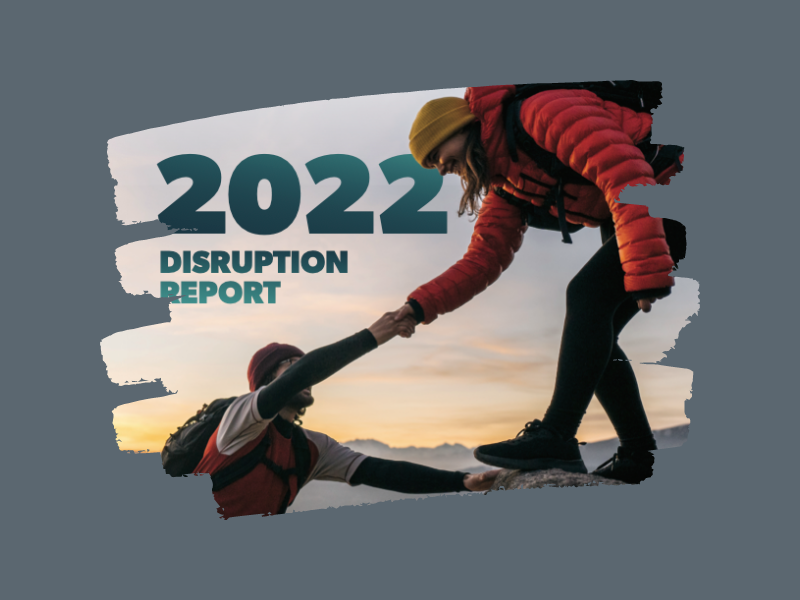

At MFF, we’re committed to transparency. We share data about our impact and seek out ways to improve.
Our annual report is a key component of our commitment to transparency. When we create an annual report, we begin by reflecting on the prior year. We analyze our work and uncover themes, we gather impact data from our nonprofit partners, and we draw conclusions about what to continue and where there might be opportunities for improvement in the following year.
The finished annual report is a testament to the hard work and innovation of our partners. It’s more than that, though. Our annual report process reveals patterns and truths about how and why we fund, and what we do differently here at MFF. This is what we learned this year.
Where there’s a problem, we find partners to help solve it.
When we spot a problem, we first look to our nonprofit partners and larger network. There’s often someone already working on the very problem we identified. If so, we partner with them to expand and elevate their work.
Sometimes, there are many people and organizations in our network working to solve the same problem. In those cases, we act as a convener. We bring together experts, frontline workers and people with lived experience to address the problem together.
Other times, though, we see that a solution hasn’t yet been found. In those cases, we have learned to create a solution in-house.
As our in-house capabilities have expanded and evolved, we’ve grown into what we call a “hybrid foundation.”
This means that in addition to supporting nonprofits in their work, we create original, in-house solutions when needed. Over the past two decades, we have leveraged our internal expertise and passions in the following ways:
In 2003, Carrie and John Morgridge noticed a lack of educational opportunities in philanthropy. They created the Student Support Foundation to offer high school and college-aged students hands-on philanthropy education.
After decades of experience as philanthropists, we knew that MFF couldn’t help every nonprofit but that we can all achieve more impact together than apart. They created the Morgridge Acceleration Program—a scalable solution that brings together a network of social impact professionals with diverse perspectives to innovate and collaborate together.
Through our work, and in light of the success of books by Carrie Morgridge like Every Gift Matters, it became clear that there were many positive stories that deserved to be told but wouldn’t be picked up by for-profit publishers. That led to the creation of MFF Publishing.
In 2022, MFF saw that the child welfare space was fragmented and lacked a hub for sharing best practices and the experiences of frontline workers and families. We launched the Child Welfare Initiative, which connects people and organizations working to improve the child welfare system and provides upskilling opportunities.
Most recently, MFF polled our partners and learned that 95 percent said they would benefit from learning more about how to measure their impact. So, we introduced Data for Nonprofits, a commitment to share knowledge and teach valuable skills that build impact measurement capacity.
As we continue to grow and learn, we invest our own funds and our staff expertise. We look for partners to join in these efforts. The best is yet to come at MFF and we look forward to seeing where our partnerships take us next.
To reflect on 2022 with us, and see these insights in action, check out our 2022 Annual Report.